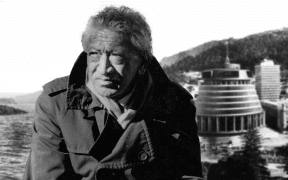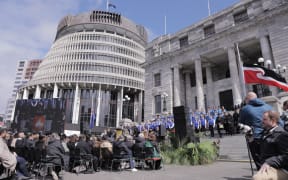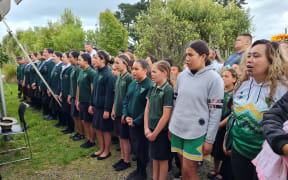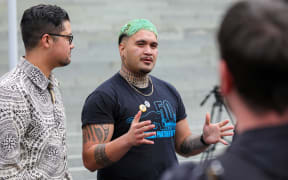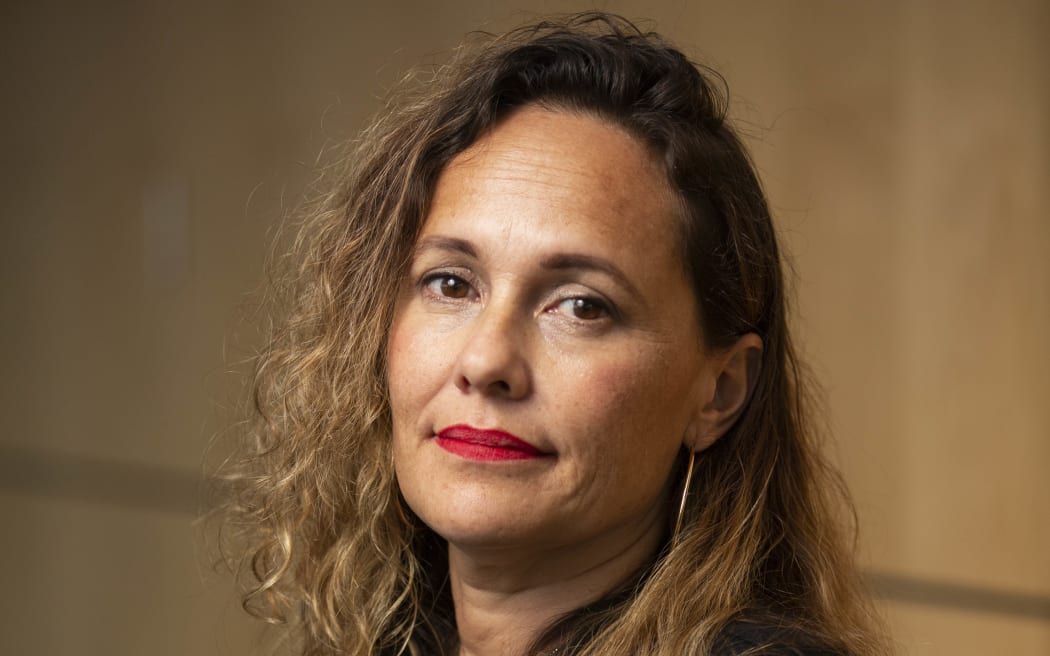
University of Auckland lecturer Kiri Dell. File photo. Photo: Elise Manahan / University of Auckland
An University of Auckland lecturer is about to embark on a three-year project to see how Māori well-being is revitalising, alongside te reo.
Kiri Dell's research will look into the many aspects and implications for Aotearoa to become a te reo-speaking nation.
She said her findings would be valuable in helping shape the ties between Māori and Pākēha through their connection with the language.
"It's important for Māori and Pākēha relationships and the way those relationships are developed are crucially important for us to have a strong bicultural nation. So it's really trying to look and understand how that relationship is playing out or manifesting through the consumption of te reo Māori," Dell said.
Her study would be conducted in two phases, the first looking at social media data and interactions across the internet.
"We're going to identify the different narratives that are emerging in that space, the different standpoints the multiple perspective many Māori hold different positions so we just want to get a clear understanding of what positions each identity or group is holding," Dell said.
For the second phase she planned on interviewing experts about the different points she found.
She highlighted how more Pākēha were also engaging with the language but noted this has both pros and cons.
"The biggest pro is the acceptance of Māori in this country, the acknowledgment of Māori in this country and through their journey of te reo they get to understand Māori better.
"Resources are limited, expertise is limited and we have to choose where those resources go and if they're going to Pākēha then they're not going to Māori. So we do need to be mindful about consuming resources, how they're consumed and who's prioritised and that consumption," she said.
Dell said her research did not intend to critique revitalisation efforts but to observe and assess Māori well-being
"Some would see what's happening has been really progressive, really positive and it has been, definitely, we all see it.
"But some still feel isolated and marginalised from the strategies, the te reo Māori strategies. And they're allowed to have a voice, they're allowed to have a space, they're allowed to think and feel what they feel as well. So this research is about bringing up multiple voices, more nuances in the narrative about what is happening with te reo Māori," said Dell.

